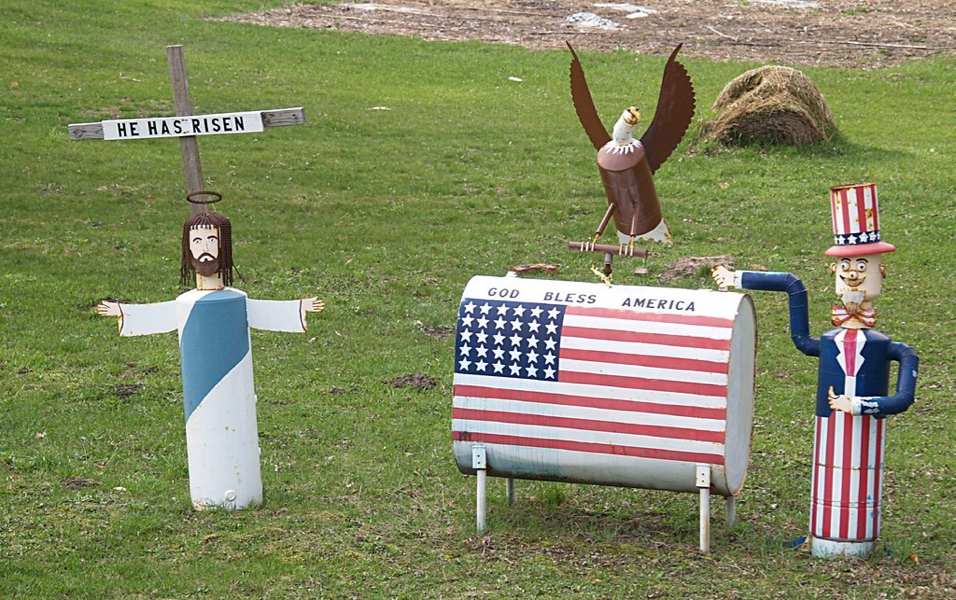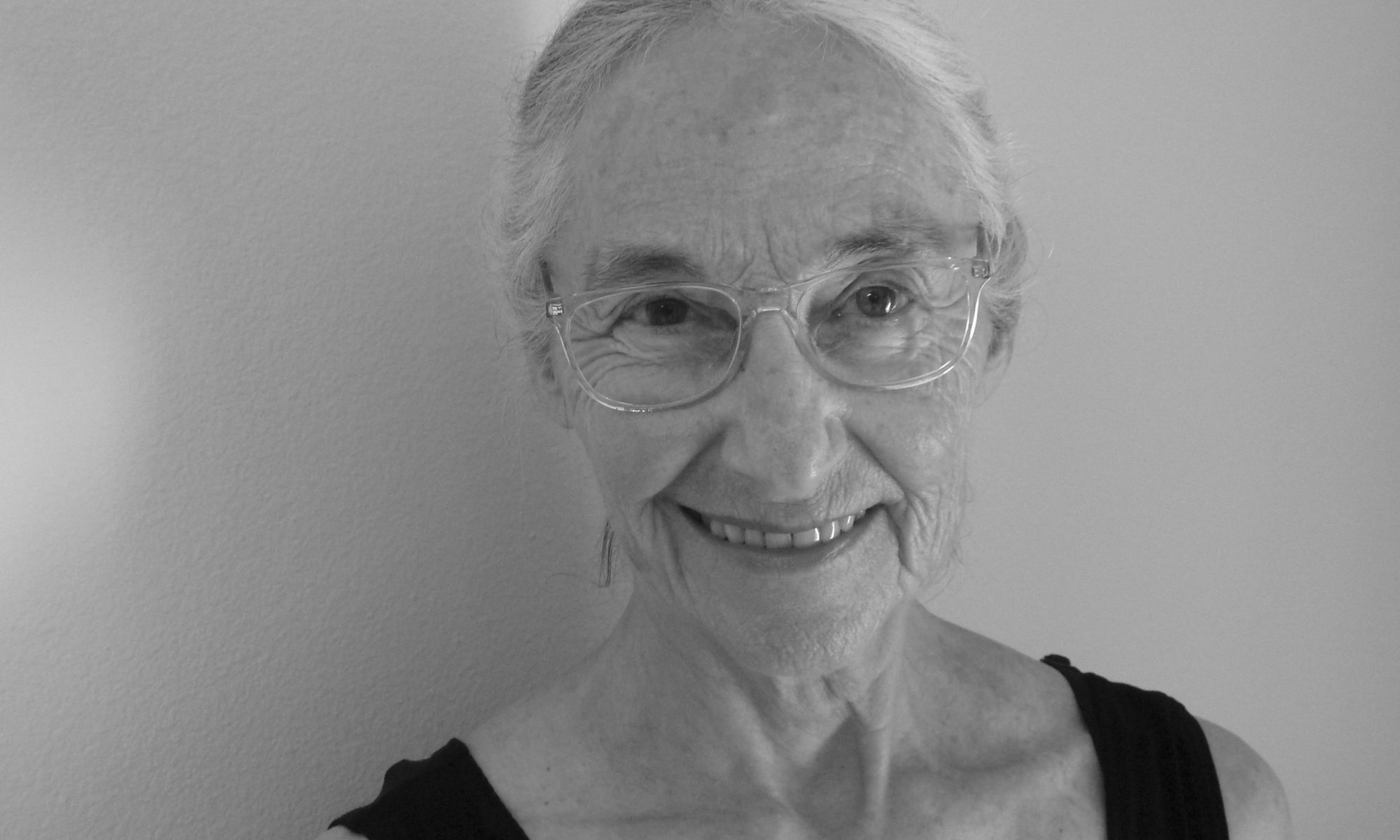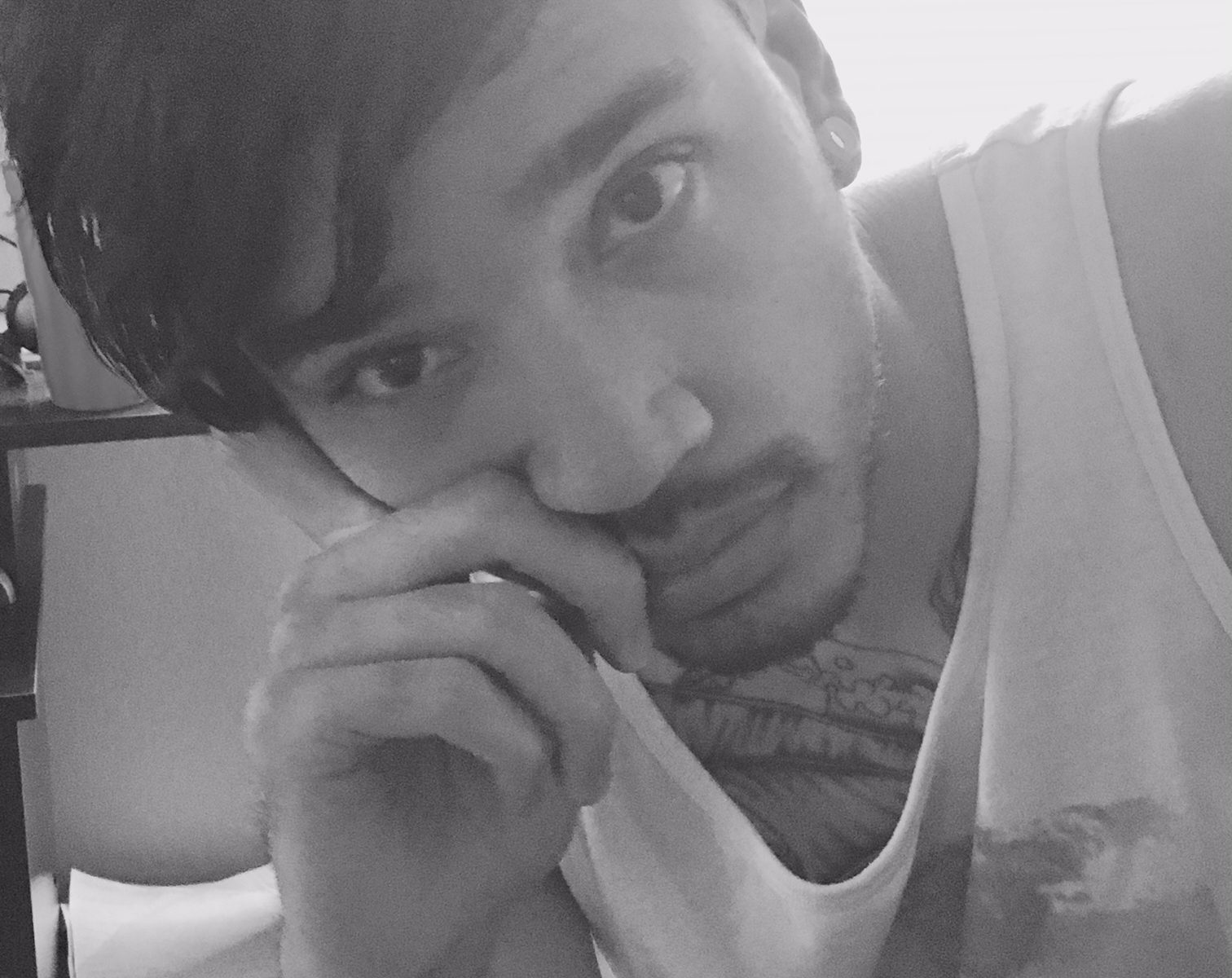2007
#racism #nofaithinhumanity
It was an old image. Two black men—you could tell they were black because they were in the light, clothes torn. They hung from a large pendula dogwood tree. Below them a crowd of whites stood, shaded. In the foreground, a man looked, eyes wide, into the camera. One arm reached out, bent up, palm open, like a tree branch reaching for the sun, without the weight of two black men. The man drew wide, radiant, riveting.
Li imagined himself hanged, swinging naked from the young oak in his backyard, struggling for breath against the weight of his body. He scrolled down, observing the lynched men while holding firm his penis, the pinkness of its soft head, was somehow wrong. He’d been browsing the profile of Amanda on Tumblr who must be an activist. He chose her for her name. It wasn’t really cheating if she had the same name as his girlfriend. Interspersed between her nude modeling pictures were political statements and motivational quotes. At just thirteen, Li wasn’t much practiced in masturbation. If he were, he may have avoided disaster. He’d gotten the tissue, the lotion, waited until his mom had gone to sleep, just like Saul, the older boy from down the street, had said. Li’s only foible was wanting to find the perfect picture. He held himself, browsed, waiting for the right one, and ended up staring at two dead black men.
He used the next picture: Amanda bathing, her nipples covered with soap suds.
The sound of the toilet flushing signaled the post-masturbation-guilt-flood. He was crying when he turned and found his mother leaning against the bathroom doorway, the rigid lines of her face illumined by the blue light from the next room over.
“You’re up late,” she said. She pulled a bottle of lotion from behind her, set it in its place on the counter.
Li looked into the mirror, lost himself there, obscured in near darkness save for the shadow of a nose more round than his mother’s. “Sorry,” he said.
“Go to bed.”
2012
Three Hispanic men suspected of raping Arizona girl, 10, while mom shot up in bathroom.
“I’d kill every last one of these bitches. Slowly. Fucken pieces of shit” –Saul
The image was of three men who might have been boys, mugshots. Black lines measuring height made up the background. One of the men had a mole on his right cheek. Another had crooked teeth and two lines shaved into his eyebrows. The last one had a tear tattooed beneath his left eye in black ink, the same black ink of the title in which Li found more images. There, the ten-year-old girl in her own home, mouth wide and screaming for her life, these same three faces around her, in her. There was a mother in the bathroom, on the toilet seat, needle still stuck and resting sideways on the inside of her arm.
Fuckers.
Li saw himself killing the men. He was not slow about it. He used a gun. Execution style. In his head, there was no blood, no stench, no sound, no cries, no pleading for life. A quiet fantasy.
Then the guilt flood. Maybe he was a bad person. Maybe only bad people have those types of thoughts. He shared the post.
The couch cushion gave, curled at the edges, as Li sat, releasing a puff of stale air into Saul’s fourth story apartment. On the TV, a Netflix documentary spoke about vertebrate evolution. The show’s host introduced the Myllokunmingia, a fish-like creature from the Cambrian period whose fossil, impressed in shale, contained evidence of a notochord—a precursor to the backbone, the evolution of which would give rise to the most intelligent creatures the Earth has ever seen. For the first time, support had been brought inside the body, allowing for a new way of movement, of growth
The shot changed from a close-up of the fossil, to a three-dimensional rendering of the human embryo. The notochord was clearly visible, extending down through the tail. Li drew his shoulders back.
“You see that thing I posted earlier, the girl?” said Saul. He sat next to Li, itching the stubble below his chin with calloused fingers, knuckles already beginning to swell.
“Yeah. Shame.”
“Two hours away.” Saul pulled a pack of American Spirits from the pocket of his flannel. He took one out and held it between his lips, then reached into the drawer of the end table next to his couch. “That’s why I got this,” he said. A handgun. “Too close to the border.”
Li leaned away. In the lamplight, the brown tint of his skin stronger than the white of Saul’s. “What like the cartel?”
Saul shrugged. “Still a few more months until I can buy from a dealer. I couldn’t wait.” He put the gun back, closed the drawer. He nodded to the documentary, now in the transition from water to land. “A great crossing of boundaries
2015
Helicopter Drops Bomb Meters from Woman Filming Attack
The camera followed two barrel bombs dropped by way of helicopter as they made their descent towards a war-torn, poverty-stricken city somewhere in the desert. It took the bombs twenty and twenty-two seconds respectively to make impact. The birds stopped chirping six seconds after the drop, and the city sat motionless, empty. It must be common sense that if you’re in a war-torn city with a helicopter overhead, you go inside. Not that going inside will save you, Li thought, but at least you might not see it coming. He knew that they could hear it right before—he could. Still, waiting three seconds to die must be better than waiting twenty.
The woman recording stood on her balcony. She was the only noise other than the chopping of air by helicopter blades and the whistle of the bombs at the end. Li didn’t speak her language, but he understood. He guessed ‘Oh Shit,’ was universal. After the bombs hit, the woman was showered with debris, and Li couldn’t see more than one foot in front of the camera. As the video ended, the bottom of the camera screen was obscured so that the wrought-iron scrolls of the woman’s balcony railing came together at their tops and looked like a line of metal hearts standing out against the dust.
Li wasn’t sure why he clicked on the video—he’d grown to hate them—but now that he had, he couldn’t stop watching it. It wasn’t the bombs or the chopper or the woman. It was the absence: the absence of nature, of people, of feeling. The camerawoman, the outlier, wasn’t enough. Li strained his eyes to look through her lens, searching for movement, for people. If he could see them, maybe he could feel. He thought they should stand in the streets and look up towards the sky. Maybe then it wouldn’t be so easy to drop the bombs.
Amanda, girlfriend, not the nude model activist, came up with the idea after Li showed her the video. Originally, they’d donated some twenty dollars to a war charity, but they both wanted to do something more personal. She said it’d be easy to find a homeless person. She wasn’t wrong. They found Richard asleep on a park bench downtown.
Richard’s cheeks pulled back into a smile when Li handed him the bags Amanda had made. Five or six teeth. The wrinkles of his face and indestructible youth of his eyes were unexpected. There were three bags in total. One contained water and non-perishable food. The others, larger, were full of clothes and a blanket.
“Thank you,” he said.
“You’re welcome.” Li smiled, and he knew Amanda was glowing behind him.
Another homeless man sat a few yards away. He held the man’s gaze for a few seconds and then shrugged an apology. He studied the pavement on the way back in his car. Amanda took his hand. “You can’t save them all,” she said.
He put the key back into his ignition and held it there, eyes fixed on his steering wheel. The AC is cold on his skin.
Amanda’s door closed. She looked at Li, blue eyes searching, made wider with eye liner, a perfect balance to the protruding bridge of her nose that Li admired, and so teased her for.
2016
Body of Refugee Boy Found Near Border
He was alone, face down in a bed of pine, meters from the razor wire fence that marked Hungary’s border. The body of the boy was five; the boy, long gone, had been much older. The picture was taken from behind, but from an angle where the boy’s face was visible and pure. Behind him the fence lay torn in places, with tufts of bedding and jacket clinging to the blades where others had crossed. Behind the fence, a sparse and wild forest, the same forest the boy died in, marked only by the razor wire. The boy had no cuts on his face or arms or hands. They’d claim it was the trees that disoriented him.
Some news agency tweeted the title of the article, Refugee Boy, as if it were music from the syrinx of birds. Li thought maybe that’s what made it beautiful. But Refugee? The least we can do, Li thought, is disassociate them from that title when they die. Certainly, they are no longer seeking asylum. Birds sing for two reasons: to attract a mate through a demonstration of vitality, ego; and to mark their territory.
Li had never set foot in a church before. He didn’t like it. He didn’t like the smell, candles and old bibles. He didn’t like the chandeliers or the windows. He didn’t like how large it was. He didn’t like that the minister wore robes while everyone else wore clothes.
He’d cancelled his plans with Amanda to come here, to ask the minister to pray for a boy he knew who’d died.
“I don’t know what else to do,” Li said.
The minister smiled and said, “Let God.”
The entire church prayed, the building breathed with the words. It made goosebumps on Li’s skin.
While they prayed, Li mourned. His skin tingling, the energy of love you need a body to feel. Prayer wasn’t enough. It could not help the boy. It would not help Li. There was no room in Li’s heart for it. There was only room for mourning.
Today
The first thing Li noticed, at Saul’s new house, was the open door. They had been on the phone not two minutes earlier. Someone had come to the door soliciting, and Saul ‘had to deal with him.’ What he did not know, was how long the solicitor had been walking around beneath the sun, three hours. Nor did he know what the solicitor was selling, his mother’s homemade jewelry. Li did not know what Saul said to the solicitor, “Yardwork’s done, bud,” or that he laughed while he said it. He knew only of the solicitor and the open door—usually closed. Li told Amanda to wait in the car.
Inside, Saul lay on the floor near the backdoor, his face bloodied. The solicitor—above Saul, looking at Li—his tattoo, MAMA written across his bare chest on skin more confident in its brownness. A dress shirt ripped and on the floor. Saul’s gun between them. MAMA charged. Li was faster, got there first. MAMA stopped when he realized he couldn’t get to the gun, palms out. He said nothing, body racked with imperceptible shakes. Amazing—the power. Enough to slow time.
The lines of Li’s palm etched the textured polymer grip of Saul’s M&P.40, sweat engraved grooves fusing the lines. Then the muffled sounds of Amanda somewhere behind him. Li’s back straightened, his blood warmed.
He fired four times. The bullets tore twelve hundred feet per second. Two hit. One in the hand, the other in the head, just above MAMA’s left eye. MAMA fell to the floor. Blood painted itself like lilies on the white tile of Saul’s kitchen. Iron in Li’s mouth gave him blisters.
The chiming of hollowed out metal in the wind, feint in Li’s ears, took him home. He felt the grass of his yard, soft against his feet. He felt the music of the breeze, harmonized with the laughter of children playing. He felt his crush’s fingertips on his arm. He felt the wasp’s stinger sink into his ankle, a flash of light, searing pain. He heard his friends, concerned, as they called his mother. She held him in the grass, traced her fingers gently across his leg, and told him she loved him while he looked up at the sky. Then he was on Saul’s white tile again, surrounded by red lilies, petals leafing.
MAMA had died. He couldn’t look away, the black metal of the gun still gripped in his fingers. His nails were so dirty.
Amanda slumped to the floor behind Li, sobbed. “It’s gonna be okay,” she said. Sirens were fast approaching.
Saul nodded.
“No, it won’t.” Li whispered.
Tomorrow
Li stands outside MAMA’s door. The police woman said his name was Alex.
The brown soles of his vans meld into the welcome mat. His head presses against the screen. His index finger hovers, quivering near the doorbell. The porch light is on though it’s day, and roses line the windowsill. Li holds white lilies, in the hand at his side. He remains for a few breaths. A neighbor in a lawn chair gazes at him. The door opens, and Alex’s mother stands before him. She remembers Li from the day before. She is not crying now, but her eyes are swollen.
She says nothing, just stares at Li, at the lilies. She wears a sun dress, once yellow, now brown and tattered like her skin. The silence holds for a time. Ten seconds, maybe more. Then she opens the screen, invites him in. She rubs the dress between her fingers. “He gave me,” she says.
Li sets the flowers on the coffee table. She had made no movement to take them. She invites him to sit on the couch with her and they sit. The room is small. Alex is everywhere, in the pictures, the floorboards. In one of the pictures, Alex plays with a small toy dinosaur. It’s blue, with shades of purple. Li begins to cry. “I wanted to say I’m sorry.”
Alex’s mother pushes his chin gently toward her. “You no kill,” she says.
Li doesn’t understand her meaning.
“Not you,” she says. She pulls Li in for a hug. The kind only a mother can give. She nods, smiles slightly as Li sobs. “I feel,” she pulls back, puts her arm on Li’s chest, “he in you now.”
Li walks home, keeps pace with the setting sun. His mother prepares dinner, the smell of pot roast in the air. Amanda greets him with a kiss on his cheek.
“Saul left this,” she says. A letter to say thanks. “How’d it go?”
Li looks at the letter, sets it down. “It went.”
At night, Li goes into his backyard. He opens himself, a series of deep inhalations. He removes his clothes. He leans, back to bark, against his oak tree, much larger than he remembers it. He looks up through the branches, weightless, through the tangled canopy of leaves. He sees the light of a star, unreachable even as skin absorbs it, even as his cornea bends it. He manifests Alex’s face, focuses his energy, and sends it to the cosmos with love and an apology. It’s not enough.
<
p align=”center”>



